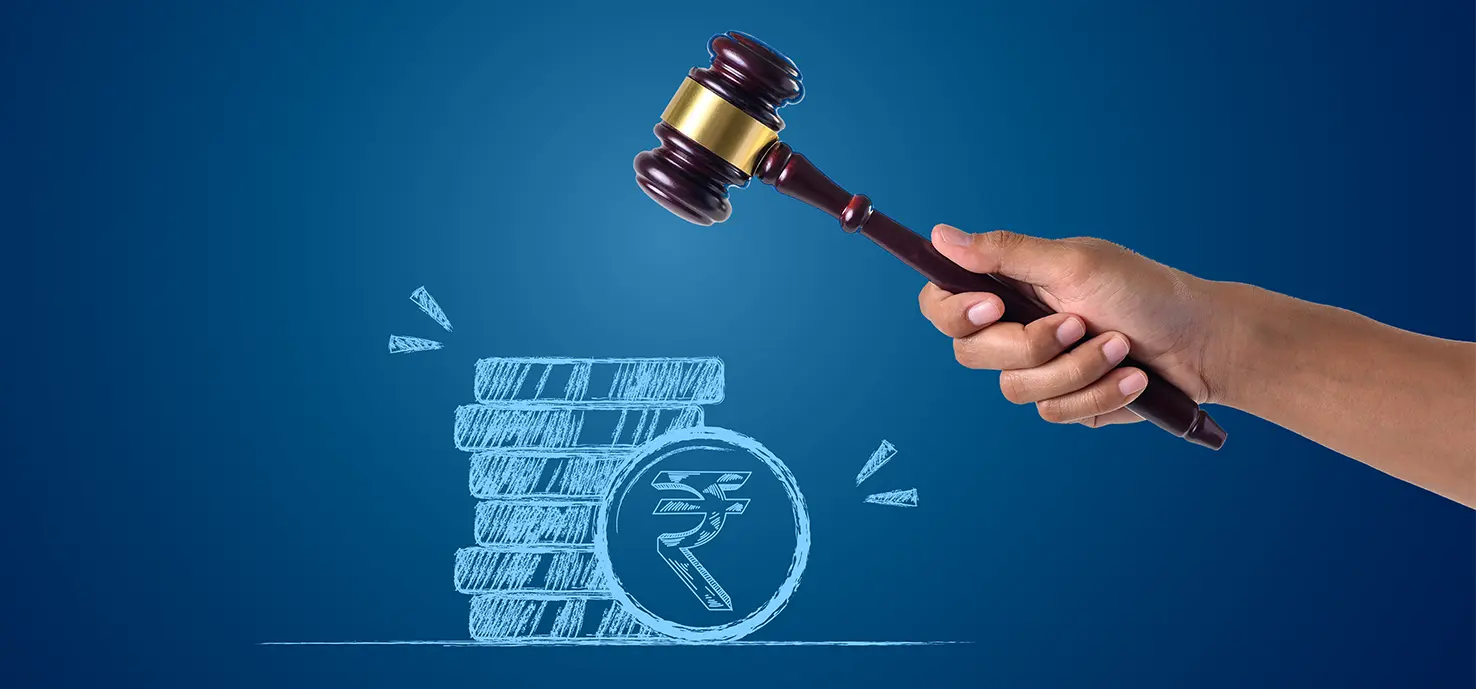Cookies Consent This website uses cookies and other tracking technologies to improve your browsing experience for the following purposes to enable basic functionality of the website, to provide a better experience on the website, to measure your interest in our products and services and to personalize marketing interactions
- Blog

Many Indians rely on loans to help them meet various goals. From purchasing a two-wheeler to buying necessary home appliances, a loan empowers you to achieve your aspirations. After your loan gets approved, you have to consider your repayment schedule. You must pay an Equated Monthly Instalment (EMI) as decided between you and your lender. Delaying your EMI payment can lead to serious financial consequences. Let’s understand this better.
What Is an EMI Default?
Any EMI payment that reaches after the due date is considered a default. There are two main types of defaults:
Minor Default
You may miss one EMI payment, following which your lender sends you a reminder. You can correct the mistake immediately and pay a penalty as a late fee. However, once you clear the minor default, it will not heavily impact your creditworthiness.
Major Default
Missing payments for 90 days or more constitutes a major default. Your lender will start taking action and may even try to recover their debt by selling your security or assets. These defaults can cause a significant dip in your credit score, which could lead to further financial consequences.
Understanding the Impact of Late Loan Payments on Your Finances
Let’s see how a major default impacts you.
It Lowers Your Credit Score
Lenders evaluate your creditworthiness, represented by your credit score, before approving a loan request. Late loan payments negatively impact your score, making it difficult for you to get lines of credit in the future.
It Increases Your Amount Payable
Late payments attract penalties that increase your overall amount payable. Over time, the additional burden can strain your budget and disrupt your financial plans.
You Risk Losing Assets
When you take a secured loan, you provide the lender with collateral. When you default on a secured loan, the lender can start proceedings to recover their debt by selling the asset. Defaulting could lead to the loss of your assets.
You Have to Endure Higher Interest Charges
Late payments could trigger an increase in your loan interest rate. You will have to pay a higher interest on your outstanding amount, which increases your burden in the long run.
Legal Actions
Lenders may take legal action against defaulters. If you fail to pay your EMIs, they can register a complaint against you, leading to stress and additional expenses.
Budgeting for EMI Payments
A default can negatively impact your finances. However, paying your EMIs on time can help you boost your creditworthiness. Here are some tips to help you budget for EMIs to avoid defaults:
Maintain a Payment Calendar
Use a calendar app on your smartphone to set reminders for a week before any payment becomes due. Give yourself time to organise your finances and ensure you have adequate funds to pay by the due date.
Use Direct Debits
Set up auto-debits so that EMIs get paid automatically. You won’t have to worry about missing a payment since it gets debited from your account directly. However, you must have adequate funds in your account on the due date for a successful payment.
Create a Budget
Depending on your income and expenses, create a monthly budget that accounts for your EMI amount. The budget helps you prioritise your EMI payments over other expenses.
Understanding the impact of late loan repayments empowers you to take charge of your finances and maintain a healthy credit score. At HDB, we endeavour to help you boost your credit score and get the required finances without any hassles. We provide customers with a free credit report, allowing you to check your score and take corrective measures accordingly. We also offer loans with customer-friendly interest rates and repayment terms, enabling you to manage your EMI payments without defaults.



























































